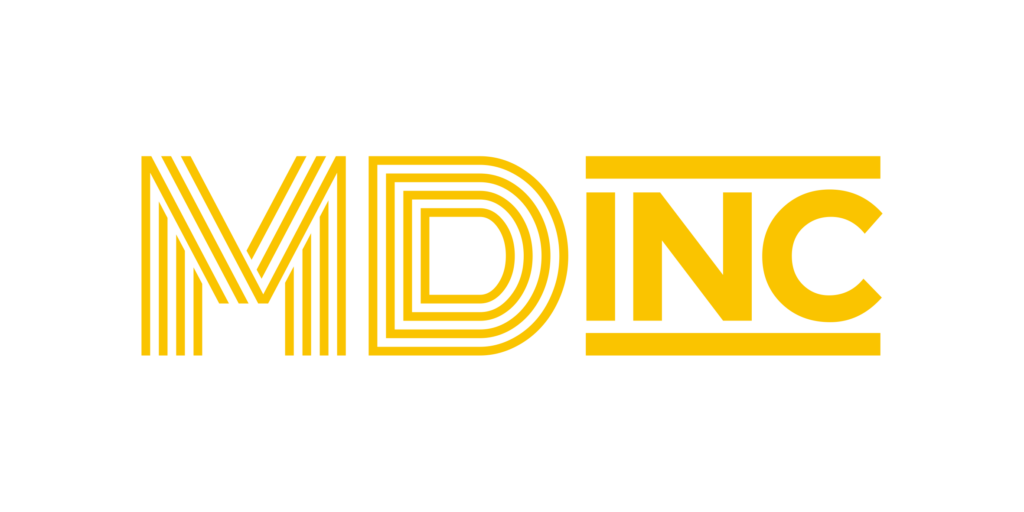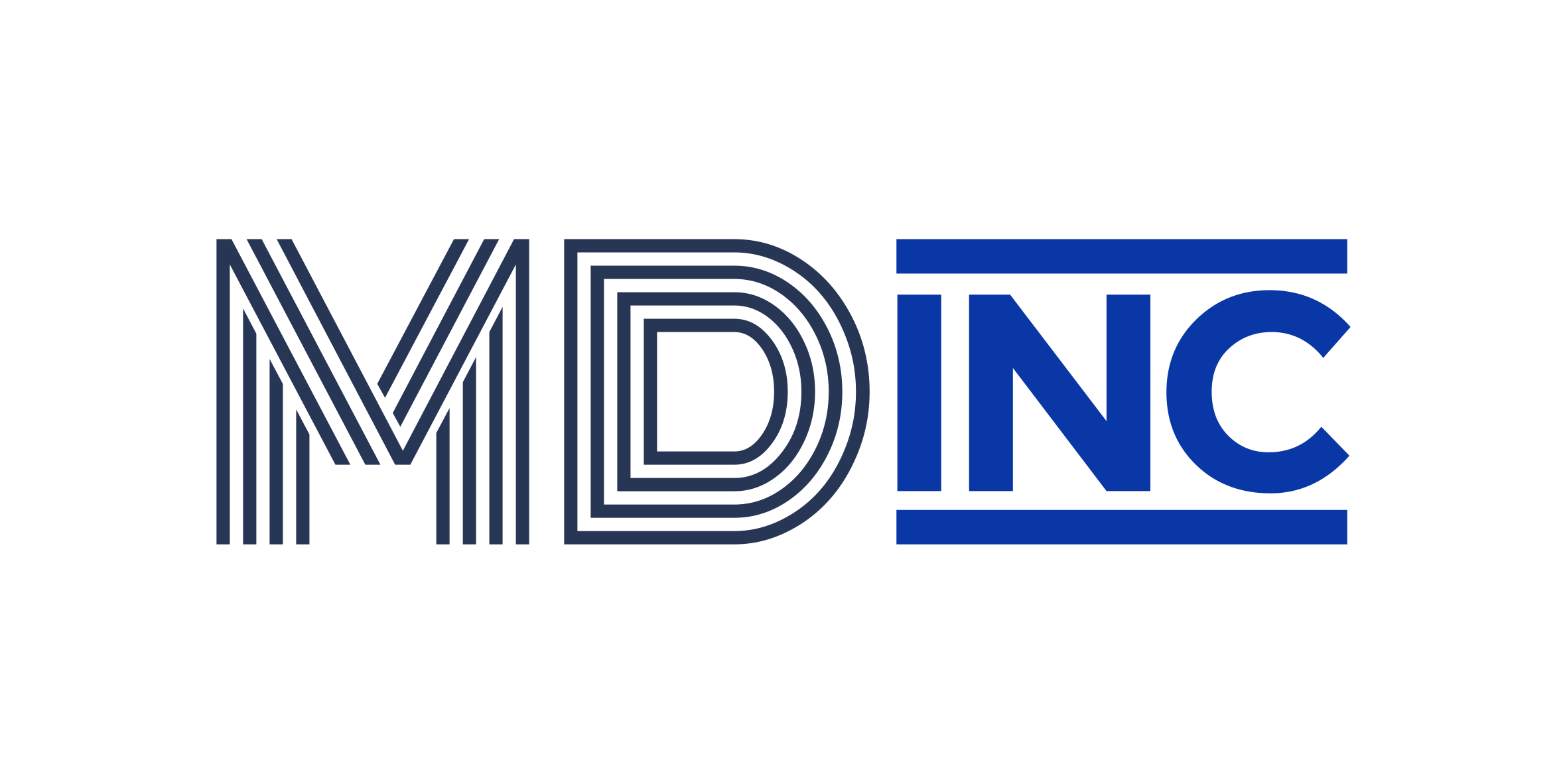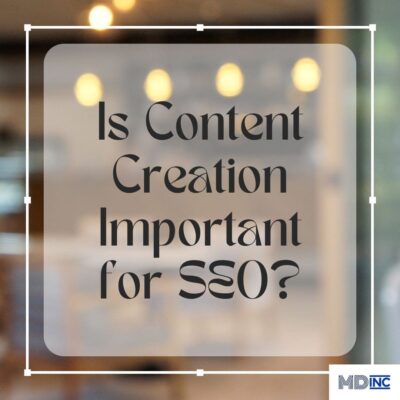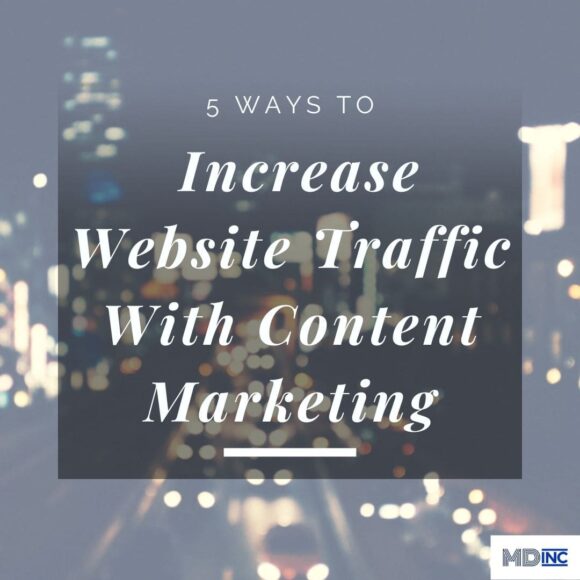What Is Off-page SEO?
SEO in digital marketing is now commonplace—other than sponsored or pay-per-click (PPC) ads, using SEO is the best way to have your website appear higher in rankings and in search engine results pages (SERPs). The ability to write SEO content and have quality copy on your site is imperative, but “on-page SEO” is only a portion of the work your site needs to jump higher in search results. Off-page SEO is also important, as it makes your site more authoritative and trustworthy, boosting SERP appearance and website traffic. Read on to learn more about off-page SEO and how you can use it to boost your website ranking.
Why Is Off-page SEO Important?
Off-page strategies do more than gain more attention and drive more traffic to your site—in the world of search engines, off-page techniques increase your site’s trustworthiness and authority. When search engines automatically rank websites, they typically look for three things: expertise, authoritativeness, and trustworthiness (EAT). Search engine algorithms use much more than your website content to rank you; in a 2022 study conducted by First Page Sage, SEO backlinks can account for 15 percent of algorithm factors, next only to high-quality content, which was rated at 24 percent.
What’s the Difference Between On-page SEO and Off-page SEO?
Just to be clear, the on-page SEO points you want to hit include ranking factors, such as:
- Meta description
- Engaging images
- Post title
- Header tags
- Content quality
- Internal links (note: these aren’t your backlinks)
When it comes to off-page, strategies can include:
- Backlinks
- Social media posts
- Brand mentions
- Guest posts
- Podcasts
- Reviews
There is also technical SEO, which refers to more technical aspects of your site, such as page load times, structured data, XML sitemaps, and other points that give your site a smooth user experience.
How to Incorporate SEO Backlinks and Other Strategies
Adding external (or outbound) links that point to another authoritative website can boost your rankings, improve your site’s credibility, and send referral traffic to your site. This is because search engine algorithms look at the relationship between website links when it ranks websites.
Flooding your page with backlinks, however, won’t be a great asset. One of the main things to keep in mind is that you want to link to trustworthy, authoritative websites that are relevant to your website page, blog post, or article. Adding outbound links with no strategy behind them won’t help you appear higher on SERP pages.
As you add anchor text, ensure that it is unique, as too many anchor texts that are the same can result in a search engine penalty and affect your ranking. It’s a good idea to use a backlink checker, such as the free tool offered by Moz, to see how you rate when it comes to your backlinks. This is a good opportunity for a website cleanup, where you can remove unnecessary and spammy backlinks from your site, replacing them with relevant, authoritative ones.
Checkers should alert you of your domain authority, breaking up backlinks into Dofollow and Nofollow links. Nofollow links are the ones that are ignored by search engines. One way to incorporate backlinks is through using YouTube SEO with embedded videos that point to YouTube. This ups your backlink strategy and drives more traffic to your channel.
It’s also wise to take a look at your competitor’s backlink profile. Known as a link intersect analysis, this gives you an in-depth look at how your competitor is using backlinks with the same keywords you are.
Other Off-page SEO Strategies
Backlinks are paramount to off-page SEO and website ranking, but there are other off-page SEO strategies.
Social media posts should be another puzzle piece in your off-page strategies. Traffic from different sources can affect your website rankings positively while also driving traffic to your site. Brand mentions (without links) can also be an important factor. Mentions without a hyperlink are known as “implied links.” Search engines still factor in relationships between websites without backlinks—but backlinks are still a must.
Other strategies, such as guest or influencer posts, podcasts, forums, and reviews should further be a part of your off-page SEO tools.
Contact MDINC for more help with your off-page SEO strategy.










